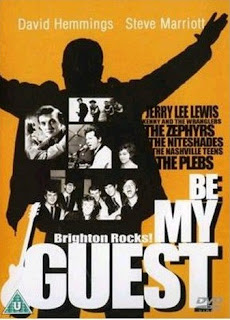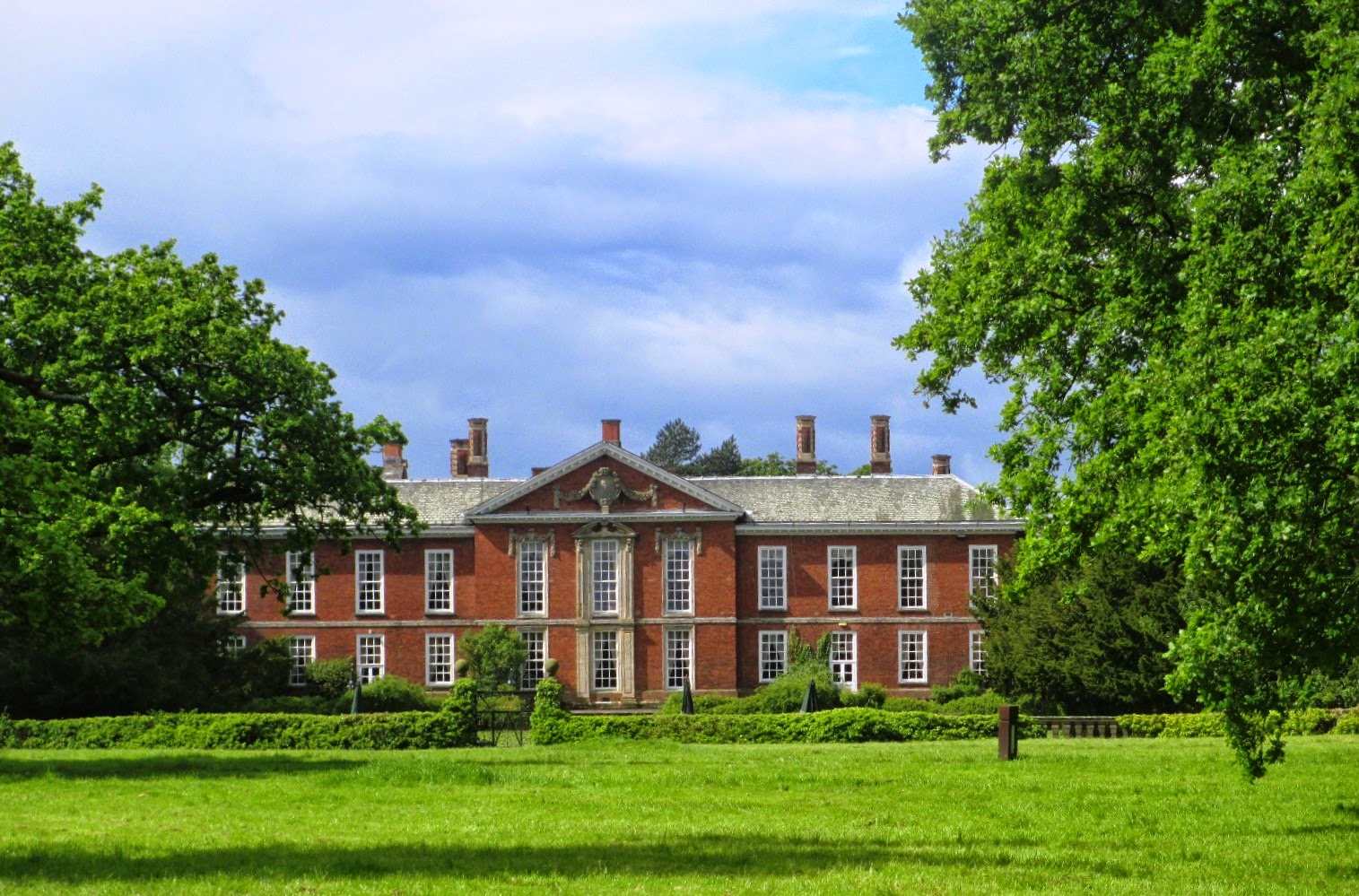I was tempted to sign the
LibDem4Change petition calling on Nick Clegg to resign because the party machine’s response to Thursday’s debacle and to the group’s letter was so inept.
First we had the email, sent out under the name of poor Annette Brooke, telling us there was nothing to worry about - “All of these results tell the same story - in many of our strongest areas we are winning elections.”
If I had just been defeated or seen my candidate defeated in a former Liberal Democrat like Islington or Liverpool, that would have read to me like an “I’m all right Jack” message from our MPs.
We also had the ritual repetition of “where we work, we win,” as if our defeated candidates had not worked hard too.
Once the petition started gaining significant numbers of signatures, the party’s media operation sprang into life. Why don’t we encourage loyalists to join the
Lib Dem Friends of Cake Facebook group, they reasoned, then we can say that the petition has fewer names than people who have liked that group ha ha ha ha ha.
So early on Sunday morning this line was given to sympathetic journalists like George Parker and even to Paddy Ashdown.
I don’t like to be harsh, but I suggest the party’s chief executive finds who it was who thought it was a clever idea to patronise members’ justified concern in this way and moves him or her to duties for which he or she is more suited.
It would be interesting to know, for instance, the total number of paper clips at Great George Street.
And there has been Danny Alexander’s performance. The more he tells us that things are going to carry on as they are, the more despondent I feel. It was noticeable how more authoritative Martin Tod was when they appeared together on television.
But I have calmed down.
I would rather see Vince Cable as party leader at the next general - I think he is simply a more able politician. But, though I can imagine a scenario in which the MPs got together and asked the party to support him as the only candidate, that does not appear likely to happen.
It is clear that Nick commands the loyalty of a large section of the membership and that they would be outraged if he were forced out. I don’t wholly understand this, but it is a fact and one that must be taken into account. The Conservatives, for instance, have never got over the assassination of Margaret Thatcher.
So we soldier on, if only to allow Nick Clegg to lose and teach his supporters a few home truths and because it would be easier for a new leader (who would probably not be Vince and certainly not be Danny) to begin rebuilding after an election.
So the important question is the one Andrew Neil asked Paddy Ashdown on Sunday: If changing the leader is not the answer, what are we going to change?
And if I hear Danny Alexander promise no change once more, or if I see good Lib Dem members being ridiculed by 12-year-old SPADs, then I will sign that bloody petition.





























